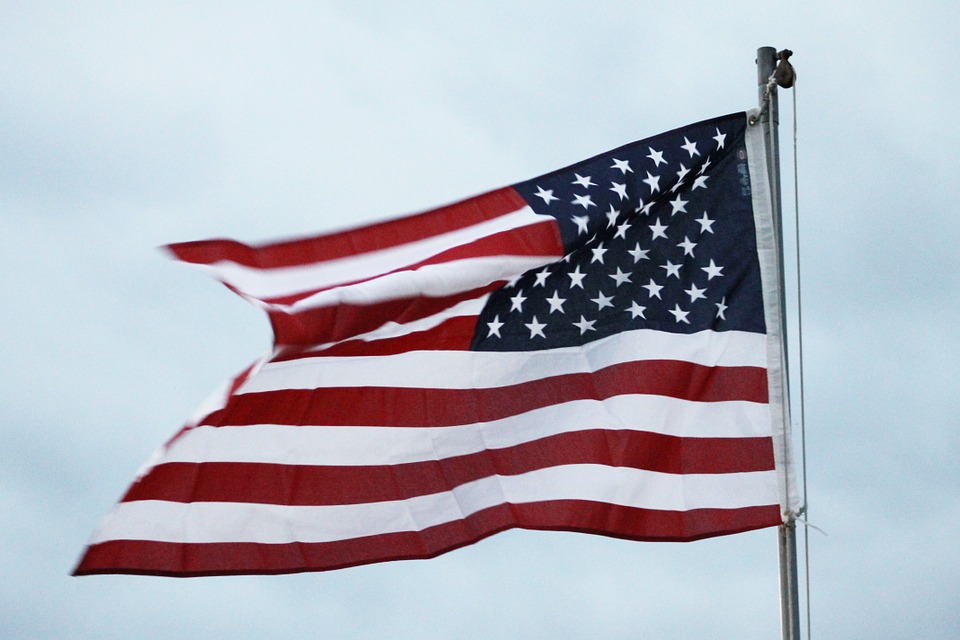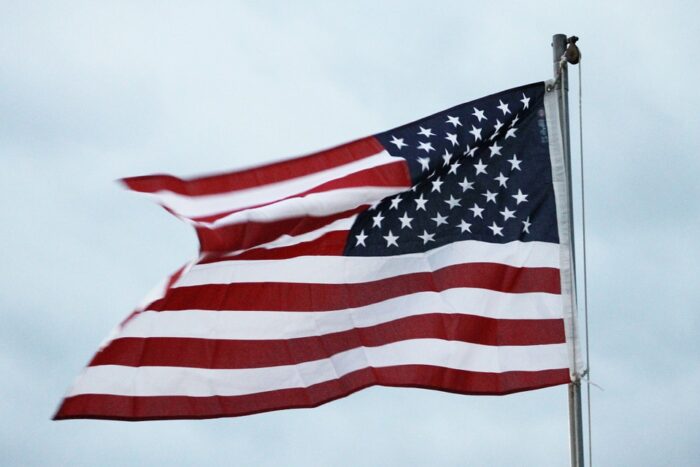American Democracy as a Shared Goal that Unites Liberals and Conservatives
One of our main evidence-based recommendations is to try to find common goals when seeking to unite groups that have a moral conflict. Recently, two events have gotten me thinking about how to apply this more specifically to the current political division through a relatively benign shared goal – the goal of staying true to the founding fathers’ idea of American Democracy.
 I recently attended a gathering of concerned citizens – liberal and conservative – put on by Better Angels. While most of us in the room were very politically active and gathered out of a concern for rising polarization, we recognized that we had challenges in getting less politically active citizens engaged in the relatively abstract and uninspiring goal of “depolarizing” American politics. We had particular issues in attracting more conservative citizens for whom rhetoric around conflict reduction can seem like code words for liberal ways of thinking. We were lucky enough to have some conservative representation in the room, which is a testament to Better Angels’ network, and they felt that the positive goal of promoting the American democratic ideal was indeed something they (and perhaps conservatives like them) would gravitate toward. Given that common goals are a proven way to bring groups together and that waiting for the next 9/11 style attack or war to provide that goal, our nation seems in need of a common goal that can indeed unite us in relatively peaceful times – and specifically a goal that can get conservatives and liberals both interested in increasing civility in politics.
I recently attended a gathering of concerned citizens – liberal and conservative – put on by Better Angels. While most of us in the room were very politically active and gathered out of a concern for rising polarization, we recognized that we had challenges in getting less politically active citizens engaged in the relatively abstract and uninspiring goal of “depolarizing” American politics. We had particular issues in attracting more conservative citizens for whom rhetoric around conflict reduction can seem like code words for liberal ways of thinking. We were lucky enough to have some conservative representation in the room, which is a testament to Better Angels’ network, and they felt that the positive goal of promoting the American democratic ideal was indeed something they (and perhaps conservatives like them) would gravitate toward. Given that common goals are a proven way to bring groups together and that waiting for the next 9/11 style attack or war to provide that goal, our nation seems in need of a common goal that can indeed unite us in relatively peaceful times – and specifically a goal that can get conservatives and liberals both interested in increasing civility in politics.
Around this time, Donald Trump has been engaging in rhetoric that seems designed to undermine our faith in democratic institutions, by pointedly failing to reassure citizens that he would accept the results of the election and facilitate a peaceful, civil transfer of power. In light of our gathering’s suggestion for a common goal, I couldn’t help but notice how Trump’s rhetoric united many liberals and conservatives in their defense of our electoral system. Consider this essays penned by the loser of the Republican loser of the 2008 election.
From CBS News:
Arizona Sen. John McCain, who lost the 2008 presidential election as the Republican nominee, slammed Trump’s behavior Thursday, penning a lengthy statement that never once mentioned his party’s candidate.
“All Arizonans and all Americans should be confident in the integrity of our elections,” McCain said in a statement Thursday. “Free and fair elections and the peaceful transfer of power are the pride of our country, and the envy of much of the world because they are the means to protecting our most cherished values, the right to liberty and equal justice.”
“There have been irregularities in our elections, sometimes even fraud, but never to an extent that it affected the outcome. We should all be proud of that, and respect the decision of the majority even when we disagree with it. Especially when we disagree with it,” he added.
McCain went on to discuss the results of the 2008 election.
“I didn’t like the outcome of the 2008 election,” he said. “But I had a duty to concede, and I did so without reluctance. A concession isn’t just an exercise in graciousness. It is an act of respect for the will of the American people, a respect that is every American leader’s first responsibility.
Many more Republicans have either criticized Trump’s remarks or attempted to walk them back for him, suggesting that the ideal of American Democracy is indeed strong enough to transcend partisanship. It is also something that groups like The Village Square use to great effect in their programming. So perhaps the next time you’re seeking something to bridge a liberal-conservative divide in your community, family or city – consider respect for the unique nature of American Democracy itself as a common goal that we can all work toward together.
– Ravi Iyer

